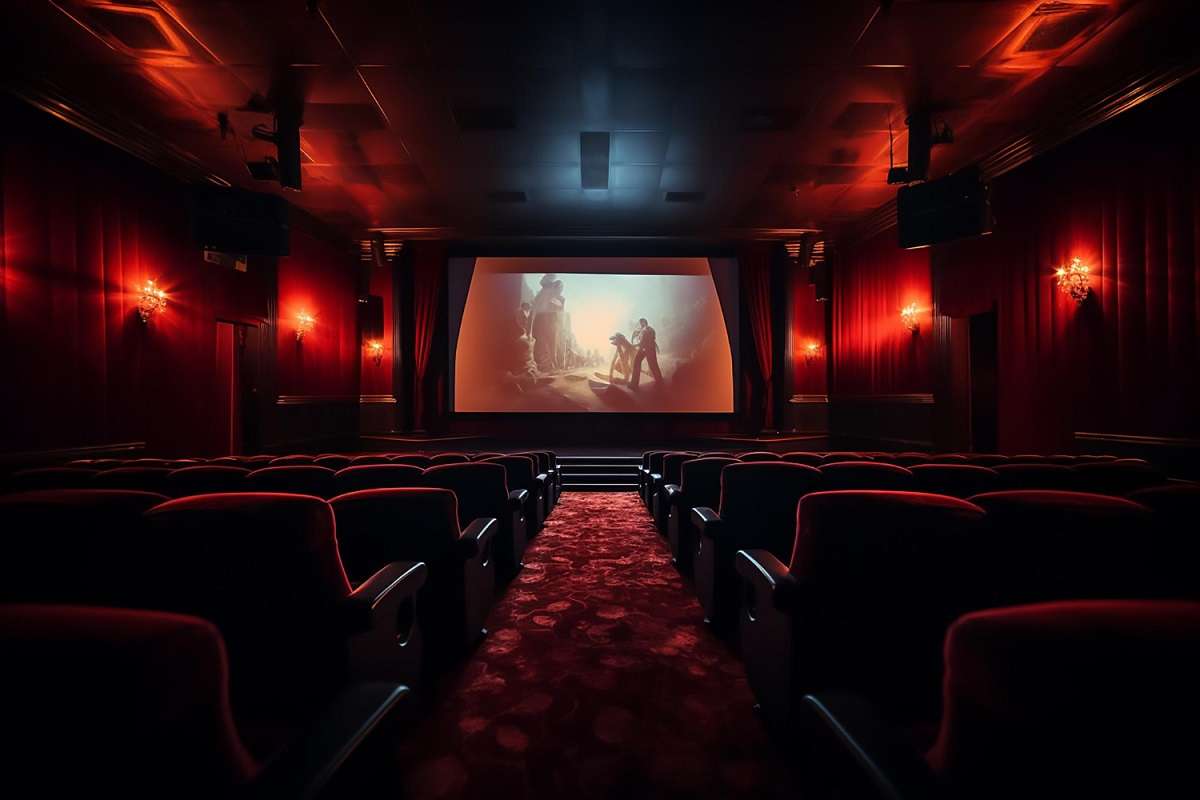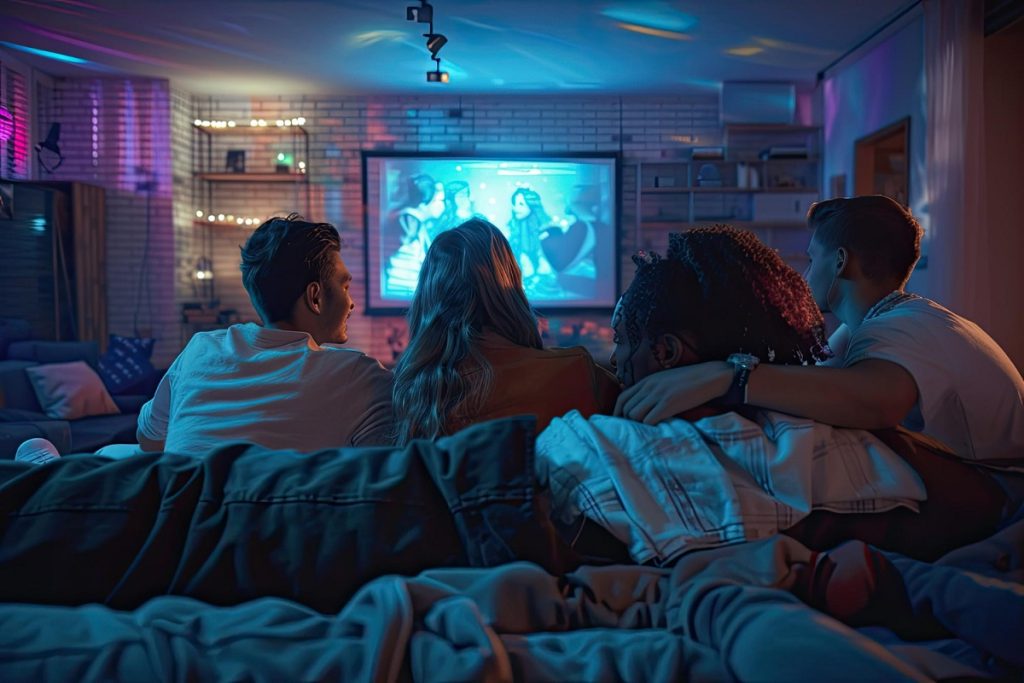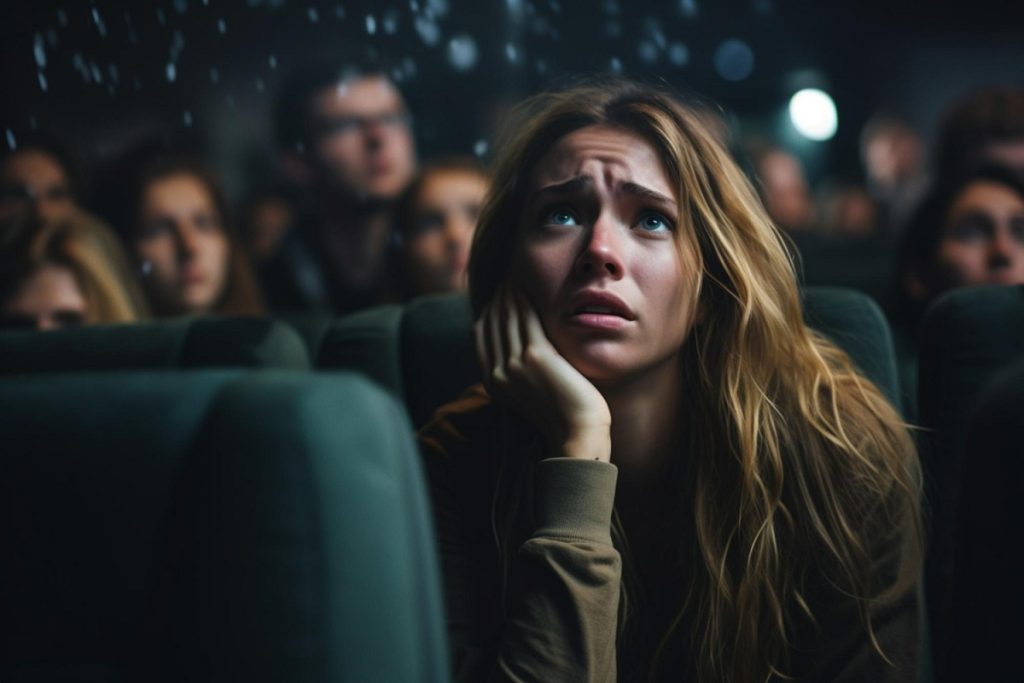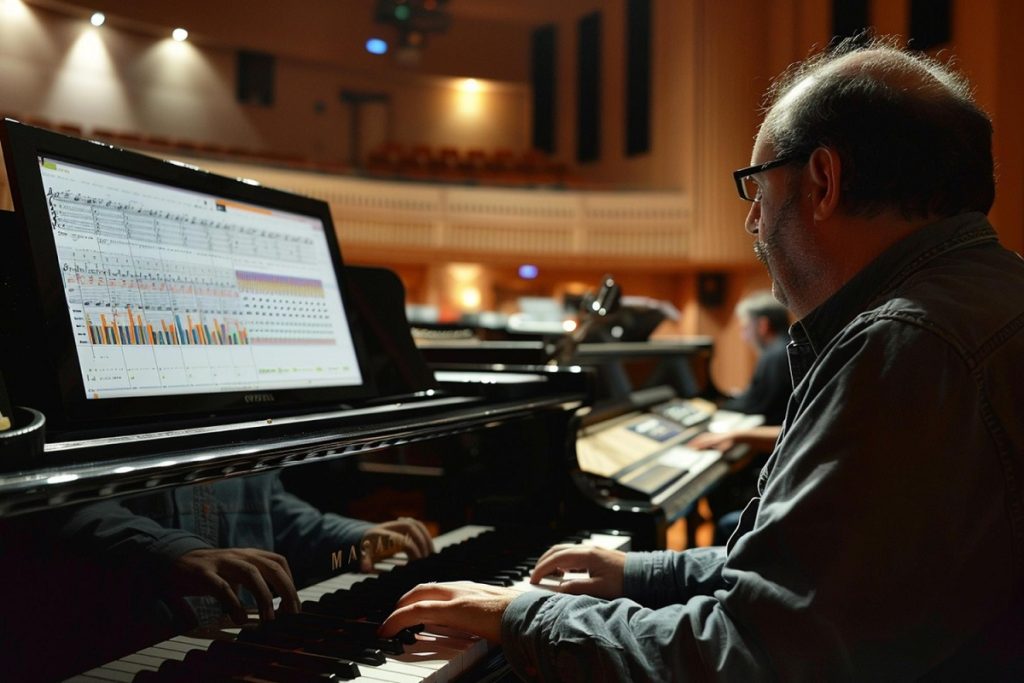Amid the flashy visuals and captivating storytelling in films, TV shows, and video games, the soundtrack often plays the unsung hero. Beyond mere background music, a good soundtrack enhances the emotional, narrative, and atmospheric dimensions of a scene.
Over the past two decades, while some soundtracks received their due applause, many remained underrated, quietly shaping the viewer’s experience.
This article unveils these hidden gems, highlighting the intricacies of their composition and their subtle yet profound impact on storytelling.
The silent enhancers of narrative and mood
Soundtracks and scores are more than just music in a film, they are integral to the storytelling process, accentuating emotions and enriching the narrative context.
Certain compositions, despite their excellence, haven’t always been in the limelight but have seamlessly blended into the storytelling, making them pivotal yet underrated.
Remarkable yet overlooked: scores that tell a story
1. “Moon” (2009) by Clint Mansell
Clint Mansell’s composition for the science fiction film “Moon” superbly captures the isolation and the emotional rollercoaster of the protagonist, Sam Bell.
The minimalist score, dominated by piano and strings, mirrors the stark, lunar landscape and the intense, solitary emotional journey of Bell, enhancing the film’s haunting atmosphere.
2. “The Assassination of Jesse James by the Coward Robert Ford” (2007) by Nick Cave and Warren Ellis
This soundtrack remains one of the most atmospheric, yet underappreciated scores in recent cinema.
The music by Nick Cave and Warren Ellis is ethereal and poignant, perfectly complementing the film’s meditative pace and the psychological depth of its characters.
The subtle interplay of melancholic melodies and sparse instrumentation makes it a compelling listen that significantly augments the film’s mood.
3. “Beyond: Two Souls” (2013) by Lorne Balfe and Hans Zimmer
In the realm of video games, the score for “Beyond: Two Souls” expertly juxtaposes the supernatural with the personal, reflecting the game’s dual themes through its orchestration.
The collaborative effort between Lorne Balfe and Hans Zimmer delivers a powerful auditory experience that propels the narrative forward and deepens the player’s immersion into the game’s unique psychological and paranormal elements.
Cultural and historical significance
While some soundtracks simply aim to enhance the auditory landscape of their medium, others manage to capture and influence cultural or historical moments.
“The Motorcycle Diaries” (2004) soundtrack by Gustavo Santaolalla is an excellent example of how music can encapsulate historical gravitas.
Santaolalla’s use of traditional Latin American instruments not only supports the biographical journey of Che Guevara but also audibly places the listener into the diverse cultural tapestry of South America during the 1950s.
Notable composers and their hidden masterpieces
While figures like Hans Zimmer, John Williams, and Ennio Morricone are household names, many talented composers go unnoticed.
Unsung heroes of soundtrack composition
Artists like Thomas Newman, whose subtle scores for films like “Passengers” (2016) create a poignant atmosphere through understated yet emotionally heavy pieces, demonstrate the breadth of talent in the field.
Similarly, Carter Burwell’s work on “In Bruges” (2008) boasts a uniquely dark comedic tone that perfectly encapsulates the film’s quirky, tragic narrative.
In conclusion, while some soundtracks gain all the praise and accolades, many remain in the shadows, their subtlety masking their genius. These scores are essential to the media they accompany, shaping scenes, and pulling strings of the audience’s emotions, often without overt recognition.
As we celebrate the power of music in storytelling, let us not forget these understated yet essential masterpieces that linger in the background, setting the stage for the stories we love so dearly.






